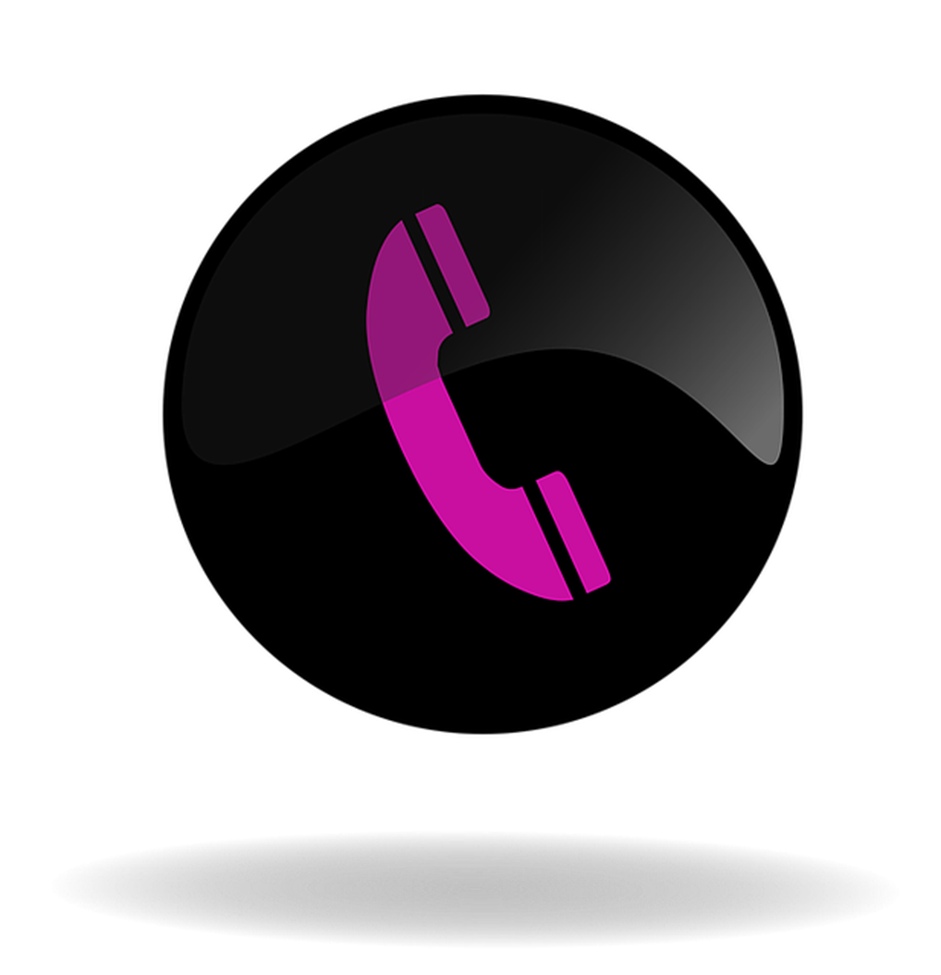When you know your front desk is spread too thin from an abundance of tasks that distract from answering phones, it’s apparent improvements could be made with less expense for the practice.
Visit – Missed Calls and Lost Patients: How Your Medical Phone System Is Failing You – Spruce Blog – to learn how your practice phone system is causing you to lose patients
By fixing the issues, medical facilities can see a major impact on revenue. Most providers are guilty of the same common mistakes that result in losing patients. Why do patients walk away before scheduling their first appointment – let’s find learn what you might be doing wrong.
Common Mistakes Resulting in Patient Loss for Medical Practices
Many healthcare providers are unaware of the costs the facility incurs due to a frazzled and often disrupted front desk. Because these staff members perform a host of administrative tasks in addition to answering patient calls, the quality of their responses is often subpar leaving patients unsatisfied. ‘
This can lead new patients to schedule with a competing practice that offers only the highest standard outsourced answering service. Please click here to learn more. What are common mistakes that result in new patient loss; consider the following.
Missed calls
A majority of new patients will reach out to a healthcare provider via phone. The front desk experiences the most loss here by missing these phone calls. In fact, on average, a medical facility misses up to 30 percent of their calls.
Wheen a prospective patient’s call is sent to voicemail, only a small percentage of these individuals will leave a message for a return call. Most will not call back or give the facility a second change. These patients will contact a competing practice with a responsive and professional answering service to schedule.
Callback delays
The prospective patients that leave a message when their first call to the practice goes to voicemail, expects a return call within a reasonable period of time. You want to check how long it takes your front desk to respond. If it’s more than a few hours, you will lose new patients.
The consensus is that those who return calls within an hour of a message being left can anticipate being ‘7x more likely to reach the person.’ Prospective patients gauge the response time to help them determine potential wait time for an appointment and when they come in to see the provider.
If you don’t respond promptly, this inadvertently says to them that the office is inefficient and most choose to go to a competing provider with a more efficient call center. Go here for guidance on how missed calls affect medical facilities.
Delays in follow-up for online forms
A common issue with front desk staff is with the website form submissions, such as those that request appointments. Many of these are sent to an email inbox where they can sit for a few days before the patient receives a return email or a call.
The front desk or in-house call center typically uses the phone and doesn’t readily follow through on inquiries or requests that come via email. By the time they see the mail, a few days have passed, and the prospective patient has already likely moved on to a competing practice.
Few attempts to contact
Whether responding to a request for an appointment through email or returning a call, it most often requires multiple attempts with the first one being prompt. Unfortunately, most healthcare facilities only make a few attempts and give up, ultimately losing prospective patients.
In reality, roughly 80 percent of patient calls go to voicemails. You want to try reaching out at varied times and different days until connecting with the person. If you get their voicemail, it’s important to leave a message.
If you need to respond to an email, you want to be as detailed as possible, particularly if it’s a request for an appointment.

Text messaging
It’s risky to rely solely on phone calls. Healthcare facilities want to use all communication channels available to them, such as email and most importantly text messaging.
Most often, phone calls are ignored or not returned because it’s inconvenient. Text messages are effective and warrant a quick response from prospective patients as to when they can answer a few questions and schedule an appointment by phone.
If you don’t use texting, you could be excluding an entire group of prospective patients from your practice. Many people rely on texts as a primary form of communication.
Final Thought
More medical practices are recognizing the challenges and mistakes with their front desks. Prospective patients deserve an empathetic, knowledgeable, and responsive answering service each time they call.
By partnering with an outsourced call center, you can reduce the number of missed calls and automate follow-ups across multiple channels, whether text, phone, or email.
The right outsource agency will help you assess current issues with your system and discuss how their technology and services can resolve these concerns.